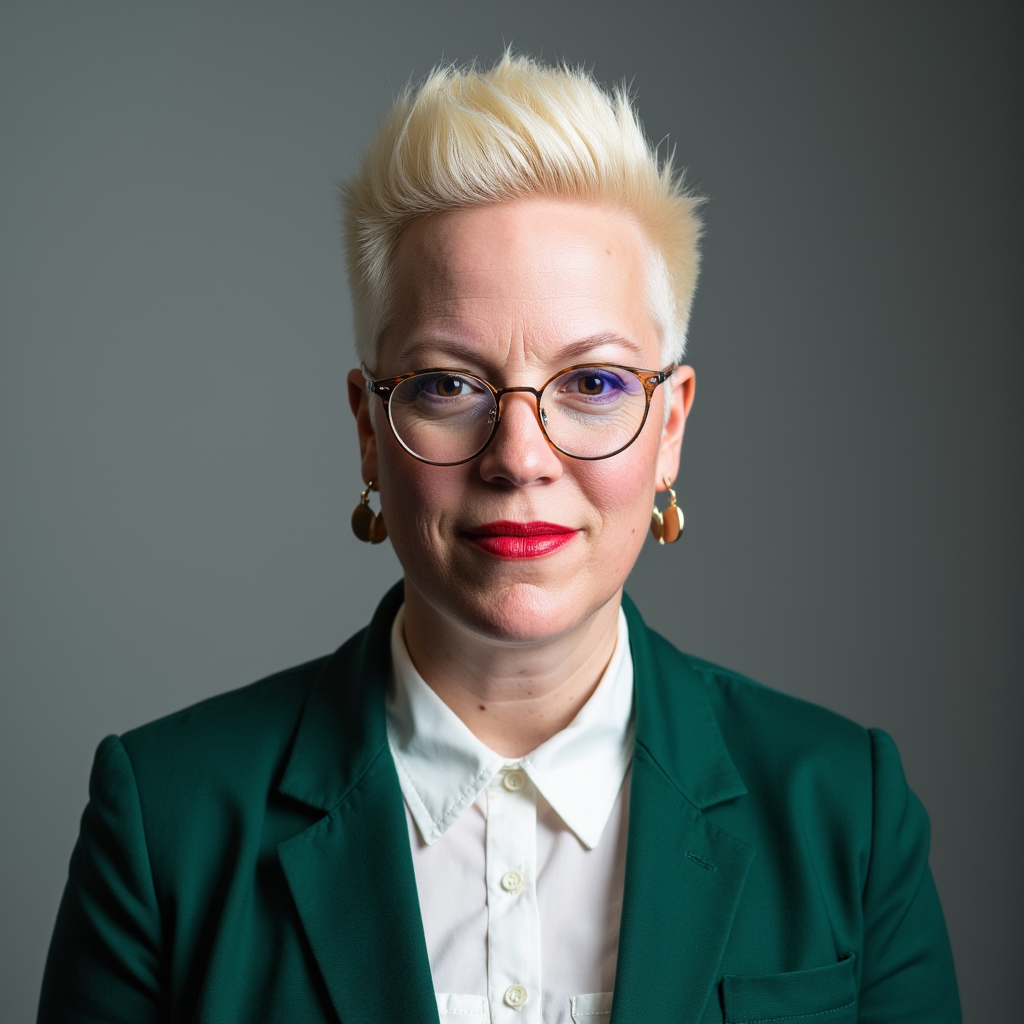
According to a study by Sustainable Brands, 58% of the largest U.S. companies are staying quiet about their climate progress—even as sustainability becomes a growing priority for investors and consumers. This phenomenon—sometimes called green-hushing—might seem safe on the surface. But from a communications perspective, silence is rarely neutral.
When brands go silent, they often assume they’re avoiding risk. However, in the absence of clear messaging, audiences may assume a lack of action or commitment. And in a climate-conscious world, that perceived indifference can erode trust, diminish credibility, and push purpose-driven audiences toward more transparent competitors.
So where does that leave brands who are trying—but not yet perfect? The answer lies in shifting the narrative from perfection to progress. Sustainability messaging doesn’t have to come with glossy claims. In fact, the most credible messages often come with humility. “We’re learning.” “We’ve reduced packaging waste by 18%, and we’re working on more.” “We’ve identified gaps, and here’s how we’re addressing them.” These are the kinds of statements that resonate and build trust over time.
To help organizations navigate this nuance, my colleague, Alexandra Uribe, developed a greenwashing assessment that helps companies evaluate their messaging before it goes public. It’s not only a branding tool—it’s a reality check. It offers an internal mirror that ensures external claims match up with actual impact. And for teams feeling paralyzed about what they can say, it provides a path forward grounded in transparency, not fear. Set up a meeting to learn more here.
The takeaway is this: the danger isn’t just in saying too much. The danger is in saying nothing at all. If your brand is making efforts to reduce harm, improve practices, or advocate for systemic change, then you have a story worth telling. But that story has to be told with care, with evidence, and with a clear-eyed understanding of the risks of both overpromising and under-communicating. In fact, 55% of Americans claim they would stop using a brand if it lacks sustainability commitments.
Communications teams have a vital role to play in this moment. Not just in shaping what a brand says—but in helping it speak up, responsibly and truthfully, backed by real data on progress. Because the most powerful sustainability message a brand can share is this: we're trying—and here’s how.
Need help bringing your progress to life?
From sustainability reports to campaign design, Storykind helps mission-driven brands tell their stories with confidence and credibility. We specialize in reporting design that’s both accessible and compelling—because the truth deserves to be seen, understood, and felt.







